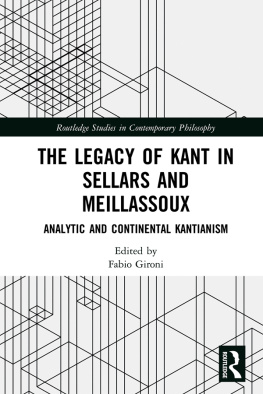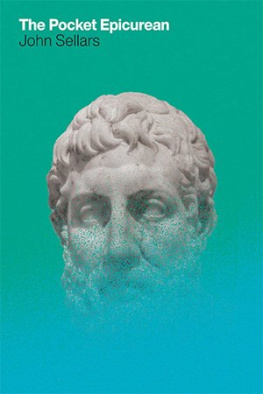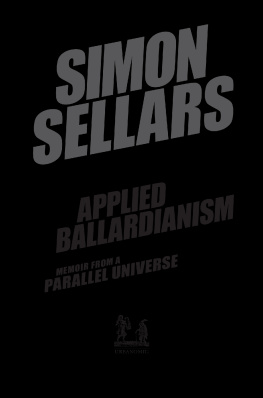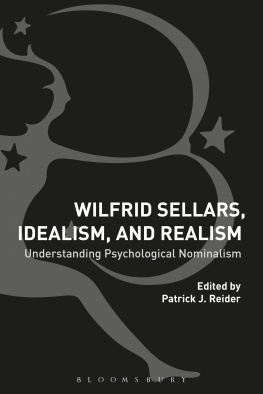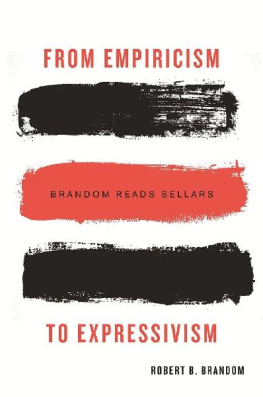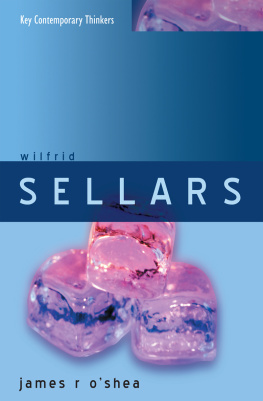First published 2018
by Routledge
711 Third Avenue, New York, NY 10017
and by Routledge
2 Park Square, Milton Park, Abingdon, Oxon OX14 4RN
Routledge is an imprint of the Taylor & Francis Group, an informa business
2018 Taylor & Francis
The right of the editor to be identified as the author of the editorial material, and of the authors for their individual chapters, has been asserted in accordance with sections 77 and 78 of the Copyright, Designs and Patents Act 1988.
All rights reserved. No part of this book may be reprinted or reproduced or utilised in any form or by any electronic, mechanical, or other means, now known or hereafter invented, including photocopying and recording, or in any information storage or retrieval system, without permission in writing from the publishers.
Trademark notice: Product or corporate names may be trademarks or registered trademarks, and are used only for identification and explanation without intent to infringe.
Library of Congress Cataloging-in-Publication Data
Names: Gironi, Fabio, 1983 author.
Title: The legacy of Kant in Sellars and Meillassoux : analytic and
continental Kantianism / edited by Fabio Gironi.
Description: 1 [edition]. | New York : Routledge, 2017. | Series:
Routledge studies in contemporary philosophy ; 97 | Includes
bibliographical references and index.
Identifiers: LCCN 2017027271 | ISBN 9781138703674 (hardback :
alk. paper)
Subjects: LCSH: Kant, Immanuel, 17241804. | Sellars, Wilfrid. |
Meillassoux, Quentin, 1967 | Analysis (Philosophy) | Continental
philosophy.
Classification: LCC B2798 .G57 2017 | DDC 193dc23
LC record available at https://lccn.loc.gov/2017027271
ISBN: 978-1-138-70367-4 (hbk)
ISBN: 978-1-315-20304-1 (ebk)
Typeset in Sabon
by Apex CoVantage, LLC
Aude Bandini is an Assistant Professor at Universit de Montral, Canada
Raymond Brassier is a Professor at American University of Beirut, Lebanon
Gabriel Catren works as a permanent researcher in philosophy at the Institute SPHERE at Universit Paris DiderotCNRS, France
Dionysis Christias is an Adjunct Professor at University of Patras, Greece
Joseph Cohen is a Lecturer and Assistant Professor at University College Dublin, Ireland
Fabio Gironi holds an Irish Research Council Postdoctoral Fellowship in the School of Philosophy at University College Dublin, Ireland
Muhannad Hariri is a PhD student at University College Dublin, Ireland
Anna Longo holds a PhD in Aesthetics from Universit Paris 1Panthon Sorbonne, France
James R. OShea is a Professor at University College Dublin, Ireland
Carl Sachs is an Assistant Professor at Marymount University, USA
Daniel Sacilotto is a PhD student at the University of California, Los Angeles, USA
Routledge Studies in Contemporary Philosophy
For a full list of titles in this series, please visit www.routledge.com
88 Aesthetic Disinterestedness
Art, Experience, and the Self
Thomas Hilgers
89 The Social Contexts of Intellectual Virtue
Knowledge as a Team Achievement
Adam Green
90 Reflective Equilibrium and the Principles of Logical Analysis
Understanding the Laws of Logic
Jaroslav Peregrin and Vladimr Svoboda
91 Philosophical and Scientific Perspectives on Downward Causation
Edited by Michele Paolini Paoletti and Francesco Orilia
92 Using Words and Things
Language and Philosophy of Technology
Mark Coeckelbergh
93 Rethinking Punishment in the Era of Mass Incarceration
Edited by Chris W. Surprenant
94 Isnt That Clever
A Philosophical Account of Humor and Comedy
Steven Gimbel
95 Trust in the World
A Philosophy of Film
Josef Frchtl
96 Taking the Measure of Autonomy
A Four-Dimensional Theory of Self-Governance
Suzy Killmister
97 The Legacy of Kant in Sellars and Meillassoux
Analytic and Continental Kantianism
Edited by Fabio Gironi
Contents
FABIO GIRONI
JAMES R. OSHEA
AUDE BANDINI
RAY BRASSIER
CARL SACHS
ANNA LONGO
DIONYSIS CHRISTIAS
GABRIEL CATREN
JOSEPH COHEN
MUHANNAD HARIRI
DANIEL SACILOTTO
Guide
This collection has its origin in a conference that I organized in June 2016, at University College Dublin. This event was made possible by an Irish Research Council New Foundation Grant, as well as UCDs own Seed Funding scheme. I want to express particular gratitude to David Markwell, Conor Morris, and Helen Kenny, without whose selfless help I would have never managed to stay on top of everything, nor to cut all the cheeses and salami in time.
7
A Plea for Narcissus
Gabriel Catren
In what follows we shall propose a characterization of speculative philosophy in terms of a twofold extension of transcendental philosophy. According to this stance, speculative philosophyfar from being possible in spite of transcendental philosophyis a natural outcome of the latter, resulting from its internal structure. We shall argue that transcendental philosophyunderstood as a theory of the transcendental constitution of objectivityrequires such a twofold extension because it lacks both a diachronic transcendental reflection on the processes of the institution, genesis or emergence of the transcendental subjects and (if we concede that this might not be contradictory with the very spirit of transcendental philosophy) a doctrine of a post-critical science of what we shall initially call the things in themselves. This program is prescribed by a diagnostic according to which transcendental philosophy does not tackle the symmetric problems of thinking the pre-subjective realm on this side of the constituting subject and the trans-objective realm beyond the constituted object, realms that demarcate, from both sides, the subject-object correlation addressed by transcendental philosophy. The hypothesis of this work is that these two speculative supplements of transcendental philosophythe theorization of the pre-subjective realm from (and in) which the institution of transcendental subjects takes place and a post-critical science of the things in themselves presuppose each other in the sense that we could not add one without the other one. It follows then, that the twofold speculative extension of transcendental philosophy that we propose is self-consistent.
Let us start with one of the most basic phenomenological facts, namely that we are always already embedded in (what we shall call) an experiential field in which experience is always perspectival , which means that we only have access to aspects, profiles, faces, or adumbrations of phenomena. This empirical perspectivism of experience results from the fact that the experiential field unfolds in extensions (such as spatiotemporal extension) in which every possible subject is always located in a particular state (where by state we mean for instance its spatiotemporal position and its state of motion). We could then say that experience is always correlated to the subjects state.
According to the infinite regulative idea of science, scientific knowledge has to be objective, that is to say valid for any subject independent of its particular state. But how could we go beyond the empirical perspectivism of experience and construct subject-independent descriptions and explanations of the different natural phenomena? The answer is (at least formally) simple: there is a well-defined protocol that makes possible the transition from empirical perspectivism to objectivity, namely one that performs variations of the standpoint of observation. By performing variations, we can integrate a multiplicity of adumbrations, constitute the corresponding multifaceted object, and identify the objective properties that remain invariant under these variations (properties that can then be used to characterize the object in a subject-independent manner).

